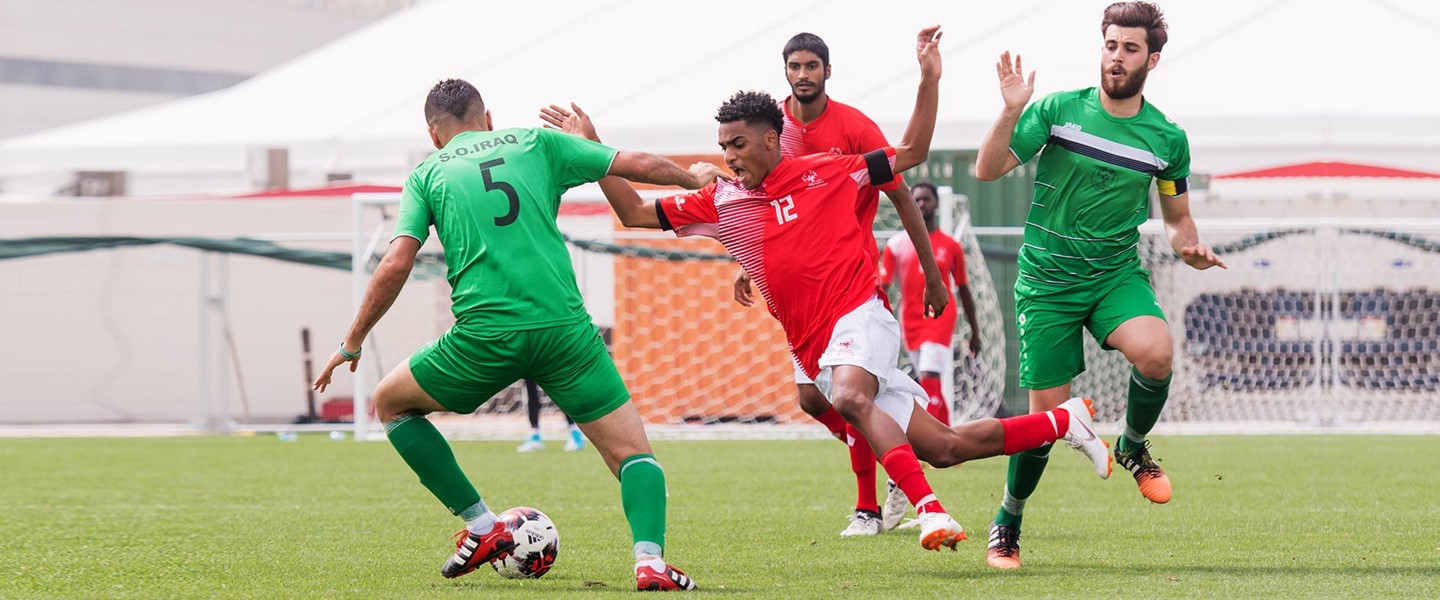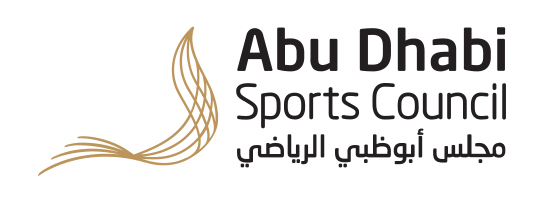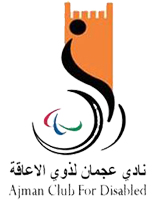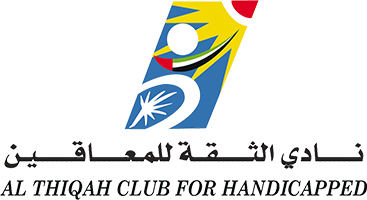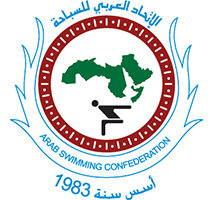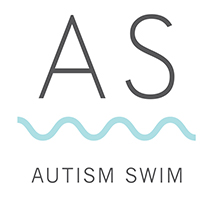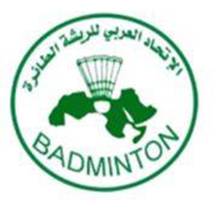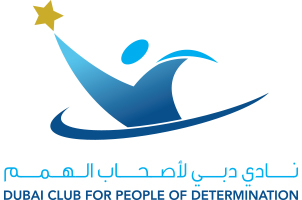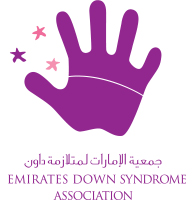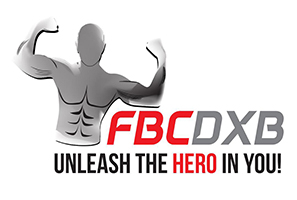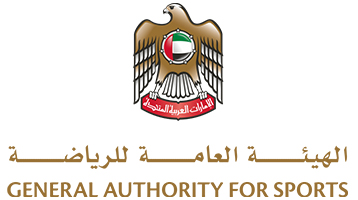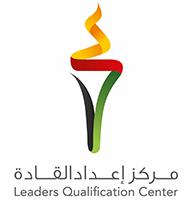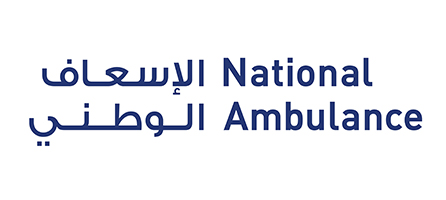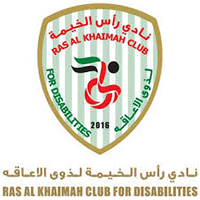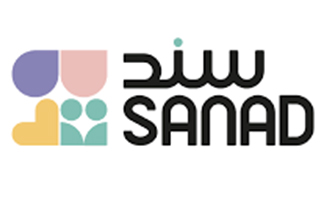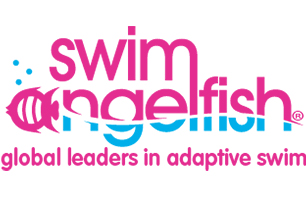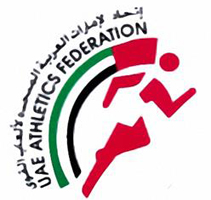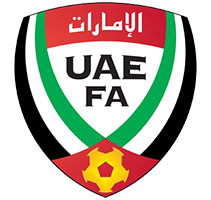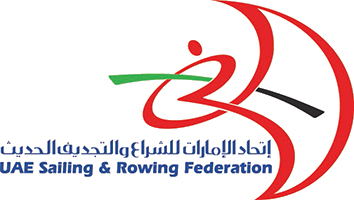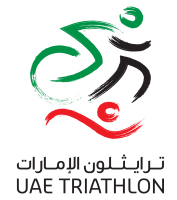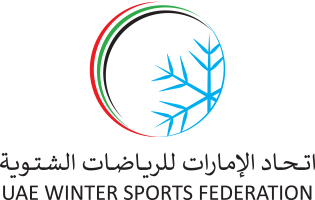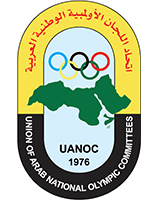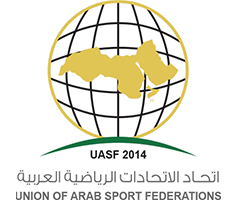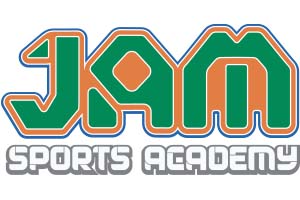-
Home
- Sports
- Sports Offered
Sports Offered
Special Olympics UAE provides a wide range of sports programs for people with intellectual disabilities or closely related development disabilities. Participation in sustainable sports activities provides athletes with a gateway for empowerment, competence, and acceptance.
Special Olympics UAE works with national governing bodies, government and private sports organizations, clubs and centers to provide as many opportunities in sport as possible for People of Determination locally and regionally.
Special Olympics UAE offers sport trainings and competitions for individuals with intellectual disabilities and unified partners during the summer and winter seasons and below includes detailed information for each sport, including the updated rules & regulation for each sport.
Artistic Gymnastics
Artistic gymnastics is a discipline of gymnastics where gymnasts perform short routines (ranging from approximately 30 to 90 seconds) on different apparatus. Athletes can compete in their selection of events within these disciplines at the appropriate level to their ability.
Learn More
Athletics
In athletics we run, we throw, we jump, and it’s these activities which are the root of most of the sports in Special Olympics.
The sport of athletics encourages athletes of all abilities and ages to compete at their optimum level. Through the track-and-field-based athletics training program, participants can develop total fitness to compete in any sport.
Athletics is one of the simpler sports to organise whether it’s coaching or competition. In most sports venues you have the opportunity to run an athletics coaching programme throughout the year.
Learn More
Badminton
A sport that explores speed changes, reaction time demands, muscular strength and endurance challenges. Competitions usually include Singles, Doubles and Mixed doubles events.
Learn More
Basketball
Basketball is a team sport with the aim being to put a ball through a hoop. The game involves playing on a basketball court, with 5 people on a team, players must dribble the ball to move around on the court and scoring through the hoop.
Learn More
Beach Volleyball
Volleyball is attractive to all types of players, from competitive to recreational, young and old. The aim of the sport is to score more points by hitting the ball with the hands and sending it over the net to the opponent's court. To play volleyball, players need to acquire some basic skills, learn a few rules, and can play almost anywhere.
Bocce
The basic principle of the sport is to roll a bocce ball closest to the target ball, which is called a palina. Bocce as a Special Olympics sport provides people with special needs the opportunity to have social contact, develop physically and to gain self-confidence.
Learn More
Bowling
Featured at the Special Olympics World Games for the first time in 1975, Bowling consists of Individual, Doubles and Team events. Taking place on a wooden or synthetic lane, and with an objective of scoring points by knocking down as many pins as possible, Bowling at the Special Olympics is a competitive and engaging sport.
Learn More
Cycling
Cycling has featured within Special Olympics for many years and has been a regular part of the National Games Programme. The successful race cyclist must learn to make independent decisions based on training and experience and to strive to achieve their “personal best” often only against a clock
Special Olympics include time trial and road race events in different distances.
Learn More
Cross Country
Equestrian
Equestrian comprises a number of different events and levels based on the ability of the athlete. Riders may compete at one level only in competition and the events offered are currently Equestrian, Dressage and Working Trails.
Learn More
Figure Skating
Figure skating is a sport in which individuals, pairs, or groups perform spins, jumps, footwork and other intricate and challenging moves on ice skates. Figure skaters compete at various levels from beginner up to the Olympic level (senior), and at local, national, and international competitions.
Floorball
Floorball is a versatile indoor team sport developed in the 1970s in Sweden, played in a rink with five field players plus a goalkeeper in each team. Floorball is played with plastic sticks and a light ball and with a goalkeeper without a stick. Floorball has similarities with hockey sports and the main objective is to score more goals than the opposite team. For Special Olympics the game is slightly modified from the "regular" form of Floorball.
Learn More
Golf
Golf is a precision club and ball sport, in which competing players (or golfers) use many types of clubs to hit a ball into a series of holes on a golf course using the fewest number of strokes. The game is played on golf courses, each of which features a unique design, although courses typically consist of either 9 or 18 holes.
Learn More
Rhythmic Gymnastics
Rhythmic gymnastics is a sport that combines elements of ballet, gymnastics and apparatus manipulation. The hand apparatus used are: rope, hoop, ball, clubs and ribbon.
Learn More
Handball
Handball is a physical and fast sport of intense physical contact, with shots being thrown at speeds approaching 100 km per hour. It is played indoors on a 40m x 20m court with seven players (one goalkeeper + six court), which speeds up the game even more. The object is to score more goals than the opponents by throwing the ball into a D-shaped net. Handball athletes are known for their speed, agility, physical strength and stamina.
Learn More
Floor Hockey
Floor hockey is a family of indoor hockey games, usually in the style of ice hockey, that are played on flat floor surfaces, such as a basketball court. As in other hockey codes, players on each team attempt to shoot a ball or puck into a goal using sticks, usually with a curved end.
Judo
Judo is a dynamic combat sport that demands both physical prowess and great mental discipline. From a standing position, judo involves techniques that allow you to lift and throw your opponents onto their backs. On the ground, it includes techniques that allow you to pin your opponents down to the ground, control them, and apply various chokeholds or joint locks until submission.
Learn More
Kayak
Special Olympics Kayaking is a flat-water racing event and is one of the newest Special Olympic sports. It requires fundamental abilities in order to be safe and successful. Every athlete aims to travel through a specific water distance paddling on his/ her own achieving the best possible time.
Learn More
MATP - Motor Activities Training Programme
Special Olympics also offers the Motor Activities Training Programme® (MATP) for people with profound or multiple intellectual (learning) disabilities.
MATP athletes participate in regular training specifically designed to help in the development of gross motor skills. MATP is not a competition programme, although athletes do have the opportunity to demonstrate their achievements at MATP Challenge Days.
Learn More
Open Water Swimming
Traditional open water swimming is based in a true open water environment, including the sea, lakes, rivers and man-made rowing regatta courses. Very much an individual sport it requires co-ordination, stamina and a small amount of navigational skill - it’s always good to be able to "steer" towards the next marker buoy with a straight course!
Learn More
Powerlifting
Every athlete aims in lifting more weights than the opponent using specific moves. In Special Olympics Powerlifting is much more than deadlift, squat or bench press. It is effort, persistence and loyalty. Training, determination and attitude, are the key facts that define the balance between a successful or a failed attempt.
Learn More
Roller-skating
Roller Skating is a competitive sport showcasing speed, strength, balance and coordination of athletes across a variety of events. Highly competitive by nature, roller skating is a popular component of the Special Olympics World Games and has been since its first display in 1987.
Learn More
Sailing
Every team of one, two or three members aims in achieving to travel with a boat through a specific area in best minimum time. The speed, the power and the intelligence are three very important assets for the success in any sport and Sailing in Special Olympics is not different. The best sailors develop the three aforementioned assets at the maximum of their capabilities.
Learn More
Short Track Speed Skating
Short Track Speed Skating is a sport for individuals of all ages, which provides cardiovascular and aerobic benefits, muscle strength, balance, and coordination. Whether indoor or outdoor skating, the recreational and competition sport offers the potential for social integration in both national training and multi-level Special Olympics competition experiences.
Swimming
Swimming is one of the most popular sports in the world. Unlike other sports, swimming is a life skill that is taught, first, to ensure safety and, secondly, for sports and competition purposes.
Learn More
Table Tennis
Table Tennis is a fast sport that requires excellent coordination of hands and eyes. Every athlete aims in passing the ball to the opponent’s side of the table over the net, striking it with a table tennis bat. Table Tennis is a fast sport that requires excellent hand/eye coordination.
Competition is also offered in singles, double and mixed doubles events.
Learn More
Tennis
Every athlete aims in passing the ball to the opponent's side of the net, striking it with a tennis racquet.
Offering tennis to your athletes does not necessarily require access to tennis courts and it is one of a few sports that can provide athletes of all ages and abilities a learning environment to suit their needs.
Learn More
Triathlon
As a multi-discipline sport, Triathlon provides a unique opportunity for athletes to showcase their endurance, strength and skills across swim, cycle and run components. Completed in a single race, the Abu Dhabi 2019 Special Olympics will be the first time Triathlon has appeared at a World Games outside of an exhibition.
Learn More
Volleyball
The game of volleyball is attractive to all types of players, from competitive to recreational, young and old. To play volleyball players need to acquire a few basic skills, learn a few rules, require very little equipment, and can play the game almost anywhere - from the beach to the gym. The aim of the sport is to score more points by hitting the ball with the hands and sending it over the net to the opponent's court.
Learn More

